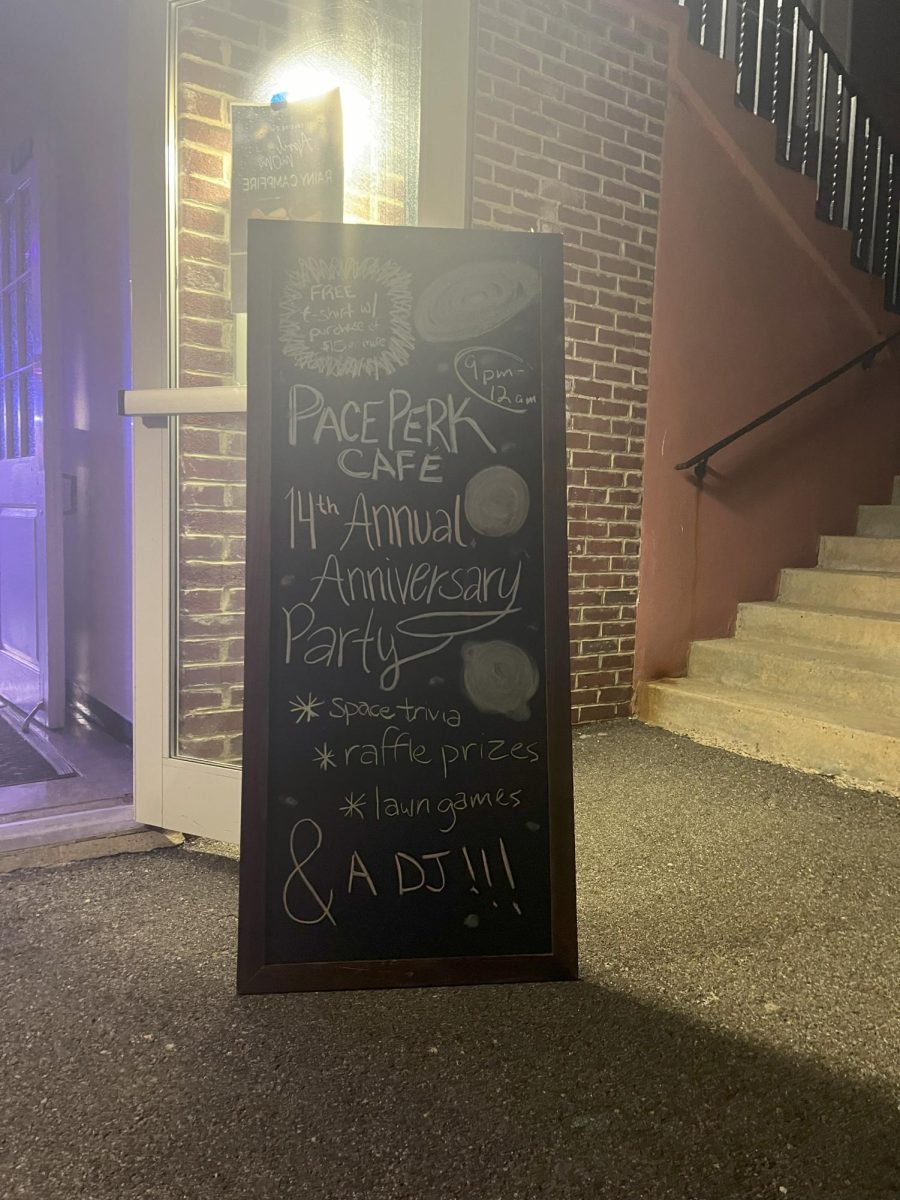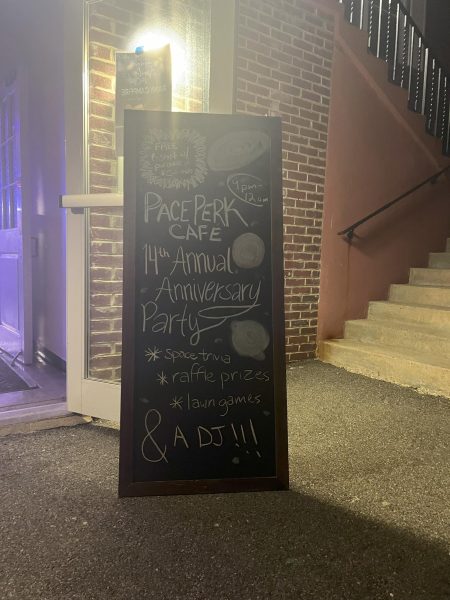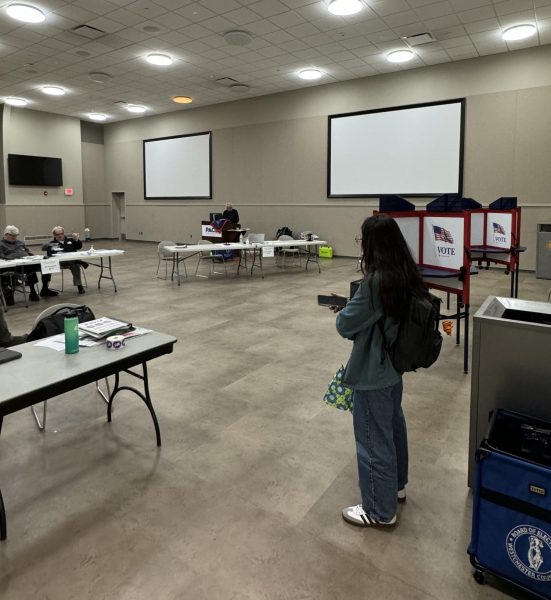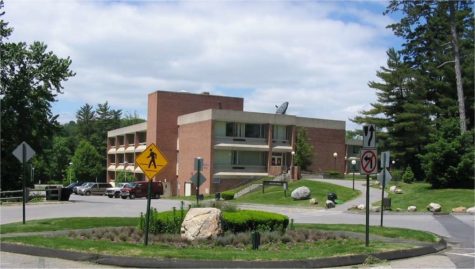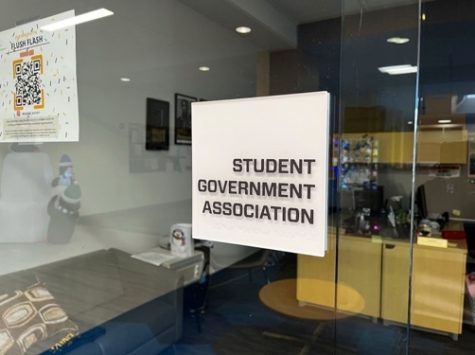Commitees Devoted to the Overall Well-Being of Pace Faculty, Staff and Students have Formed

Logo for the Pace Faculty and Staff Health and Wellness Committee, formed in February 2019. Photo courtesy of Pace.edu.
October 12, 2019
Several programs and committees formed at Pace as a result of the university’s concerns for the physical, emotional and social well-being of its faculty, staff and students.
Even though the university’s Human Resources department has been promoting health and well-being initiatives for its faculty and staff for several years, an official committee was not formed until February 2019, as a response to an initiative put forth by President Krislov.
The committee, co-chaired by Director of HR Initiatives and Organizational Effectiveness Karen Buckwald and Clinical Coordinator of Nutrition and Dietetics Jessica Tosto, is focused on promoting the physical, emotional and financial well-being of Pace’s employees and their families. It is comprised of both faculty and staff members from all of Pace’s campuses.
According to both Buckwald and Tosto, faculty and staff participation in the committee has greatly increased since the beginning of this semester and both are expecting and looking forward to seeing the numbers continue to rise as the committee tailors more programming to faculty and staff’s various needs.
Since this committee is fairly new to the university, it is open to any suggestions from participants and non-participants about their interests, barriers to participation, and wellness events that they would like to see throughout the university.
A survey was conducted at the New York and Westchester faculty councils, and the faculty and staff responses regarding the committee and its performance has been overwhelmingly positive.
“The most rewarding part about leading these programs is the tremendous feedback [the committee] received and the positive impacts these programs have already had for Pace employees,” Buckwald and Tosto said. “We love hearing the success stories from those who have made positive changes in various aspects of their lives and we actually highlight many of these stories in HR’s newsletter.”
A lot of new changes within the committee have already been made, and a lot are planning to be made. In addition to their re-branded logo and mass email communication, their website is currently being redesigned to make it easier for faculty and staff to learn about campus-wide health and wellness events.
In addition to a faculty and staff Health and Wellness committee, a student wellness committee was also formed about a year and a half ago.
According to Rachel Carpenter, interim Associate vice president for Student Affairs and Dean for students at Pace’s Pleasantville campus, the committee was initially formed as a response to wellbeing programs featured at a conference on higher education, attended by some of the committee’s founding members.
The committee’s goal is to help Pace become a university dedicated to the development of well-being of students, including healthy life choices and stress coping skills.
According to Carpenter, so far this academic year, the committee has partnered with other faculty, staff and student organizations to organize or co-host programs related to well-being. Examples of this include working with library staff to provide opportunities for therapy dogs to visit Kessel every other week, and partnering with Chartwells (the company in charge of Kessel’s food), to highlight their healthy cooking programs.
Currently, only one student is a member of the committee, so one of its top priorities right now is to get more students involved within it.
Carpenter believes that it would be very beneficial for students to learn about the various aspects of their well-being, including financial, community, and physical, to name a few.
“Personally, I would like to see students learn more about self-awareness and how to manage their emotions and well-being so that when times are challenging, they have the skills required to persist and thrive,” she said. “I also hope that [students] see that well-being is important during all stages of life by participating in events that also include faculty and staff,” she added.
Both of these wellness committees strongly encourage feedback and suggestions from faculty, staff and students, so that through these committees, the university can serve the entire Pace community, from the first-semester freshman to head of an academic department to the security guard.

